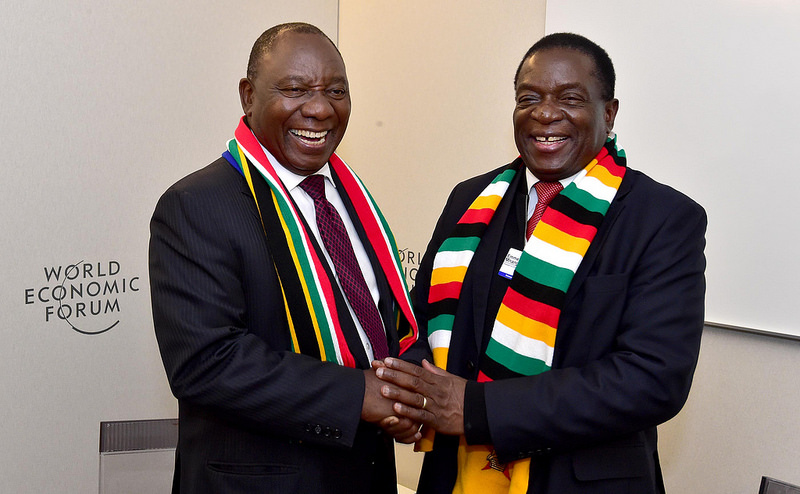 In Canada and the U.S, income inequality has been a contentious issue for the past decade. In 2012, the top 1% earned a fifth of the total income in the U.S, the largest wealth gap in the world. However, Canada also has its share of income inequality with the top 1% earning at least seven times the median income. Although some present an argument that income inequality contributes to economic growth, income inequality may further increase in the future as a result of several trends in today’s economy.
In Canada and the U.S, income inequality has been a contentious issue for the past decade. In 2012, the top 1% earned a fifth of the total income in the U.S, the largest wealth gap in the world. However, Canada also has its share of income inequality with the top 1% earning at least seven times the median income. Although some present an argument that income inequality contributes to economic growth, income inequality may further increase in the future as a result of several trends in today’s economy.
Proponents in favor of inequality argue that unequal wealth motivates individuals to work harder, obtain university degrees and open businesses, spurring economic growth. However, as discussed in a recent speech by Janet Yellen, chairwoman of the Federal Reserve, obtaining post-secondary credentials and becoming an entrepreneur is becoming increasingly difficult in today’s economy. Since the 2008 financial crisis, individuals are finding it more difficult to obtain credit and loans to start their own businesses as well as maintain their existing businesses. With university tuition fees in the U.S. and Canada rising at a rate higher than inflation every year, students are discouraged from entering university and recent graduates are finding it more and more difficult to pay off their student loans. Additionally, since the financial crisis graduating students are finding it more difficult to find jobs than students who graduated before the recession. The result is a total student debt of approximately $28.3 billion in Canada and over $1 trillion in the U.S.
Fortunately, an increasing number of universities are aware of these issues and beginning to introduce programs designed to teach students core-business principles rather than strictly specialized knowledge limited to their respective majors. It is these core-business skills that firms now value in job candidates. The Master of Business Administration (MBA) programs offered at many universities for the past century have taught students these skills, but at a high price that typically costs students anywhere from $45,000-$90,000 for two years. Universities are now introducing cheaper alternatives to MBAs such as the Master in Management (MiM) program, specifically designed for students with a non-business background. Programs such as the MBA and MiM program will not only help graduates to find the jobs they want with the salaries they want, but also teach young entrepreneurs skills to aid them in starting their own businesses.
Unequal wealth only motivates individuals if the playing field is fair; equal opportunities must exist and be available to everyone. If not enough action is done to fix the problems of high tuition, low job prospects and a business incentives, income inequality in Canada and the U.S. will continue to rise. Kazutaka Mayuzumi




